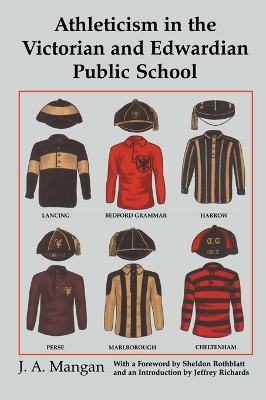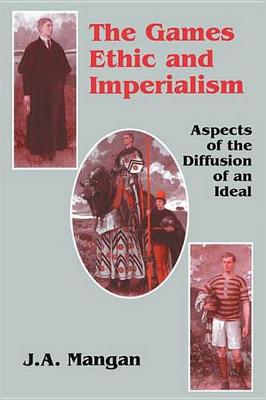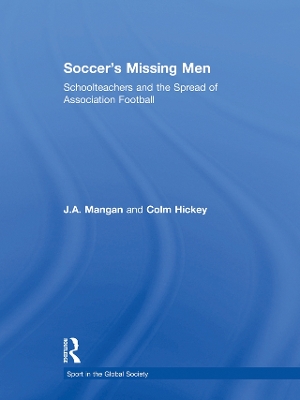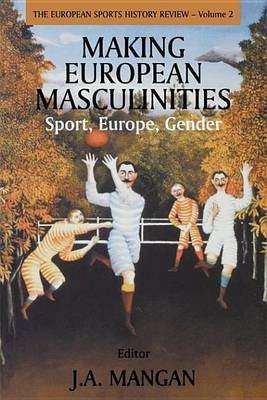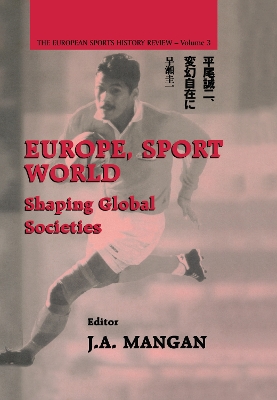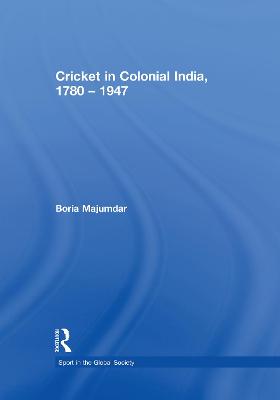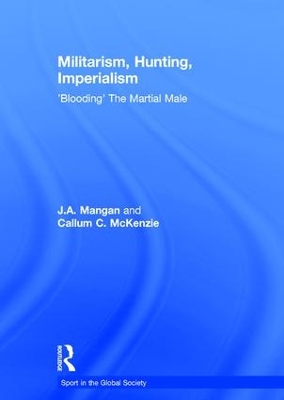Sport in the Global Society
9 total works
This is the first book to address the gap in the literature linking the physical culture of the ancient world with the beginnings of modern sport, this original book traces the history of the evolution of a variety of sport, games and physical education from 450-1650AD across Western Europe.
Drawing on primary sources, this book takes a thematic approach, looking at the changing nature of geopolitical structures, educational systems, religious institutions and the practice of warfare and medicine and goes on to trace the disappearance of ancient physical culture with its gymnasia, gladiators and chariot races, the invention of a new physical culture based on chivalry around 1000AD, the transformation of that culture in the Renaissance, and its disappearance around 1650 under the influences of new science.
Offering a new and original perspective on the relationship between sport and society, this unique study will be of great interest to all historians of sport and culture.
Now unknown or forgotten, influential schoolmasters took the game of association football to many parts of England. They had several roles: they brought the game to individual schools, they established regional and national leagues and associations, and they founded professional football clubs. They also exported the game around the world, working as moral missionaries, passionate players and energetic entrepreneurs. The role of teachers in association football is a much neglected aspect of English cultural history. It is a story that deserves to be told because it allows a fundamental reappraisal of the status and position of these teachers in late nineteenth century and early twentieth century society.
This volume was previously published as a special issue of the journal Soccer and Society.
This is an exacting social history of Indian cricket between 1780 and 1947. It considers cricket as a derivative sport, creatively adapted to suit modern Indian socio-cultural needs, fulfil political imperatives and satisfy economic aspirations. Majumdar argues that cricket was a means to cross class barriers and had a healthy following even outside the aristocracy and upper middle classes well over a century ago. Indeed, in some ways, the democratization of the sport anticipated the democratization of the Indian polity itself.
Boria Majumdar reveals the appropriation, assimilation and subversion of cricketing ideals in colonial and post-colonial India for nationalist ends. He exposes a sport rooted in the contingencies of the colonial and post-colonial context of nineteenth- and twentieth-century India. Cricket, to put it simply, is much more than a 'game' for Indians.
This study describes how the genealogy of their intense engagement with cricket stretches back over a century. It is concerned not only with the game but also with the end of cricket as a mere sport, with Indian cricket's commercial revolution in the 1930s, with ideals and idealism and their relative unimportance, with the decline of morality for reasons of realpolitik, and with the denunciation, once and for all, of the view that sport and politics do not mix.
This book was previously published as a special issue of the International Journal of the History of Sport
The late Victorian and Edwardian officer class viewed hunting and big game hunting in particular, as a sound preparation for imperial warfare. For the imperial officer in the making, the ‘blooding’ hunting ritual was a visible ‘hallmark’ of stirling martial masculinity. Sir Henry Newbolt, the period poet of subaltern self-sacrifice, typically considered hunting as essential for the creation of a ‘masculine sporting spirit’ necessary for the consolidation and extension of the empire. Hunting was seen as a manifestation of Darwinian masculinity that maintained a pre-ordained hierarchical order of superordinate and subordinate breeds.
Militarism, Hunting, Imperialism examines these ideas under the following five sections:
- martial imperialism: the self-sacrificial subaltern
- ‘blooding’ the middle class martial male
- the imperial officer, hunting and war
- martial masculinity proclaimed and consolidated
- martial masculinity adapted and adjusted.
This book was published as a special issue of the International Journal of the History of Sport.
